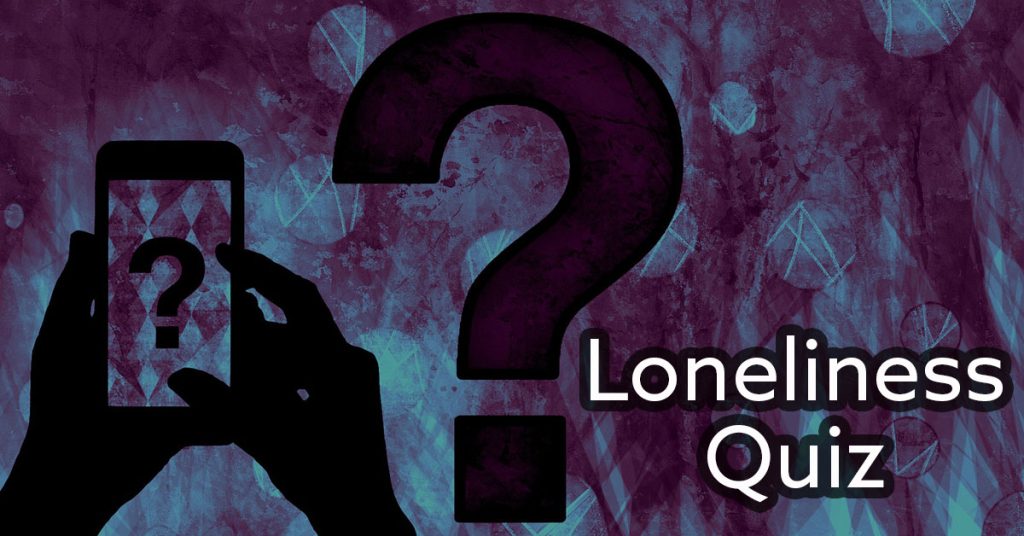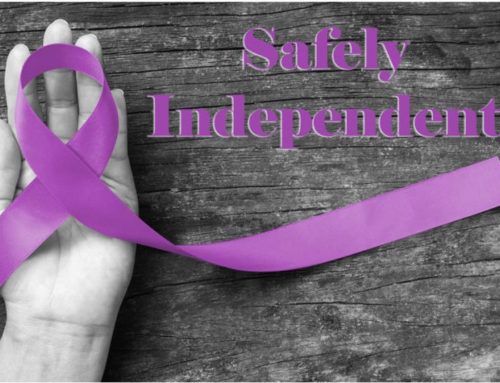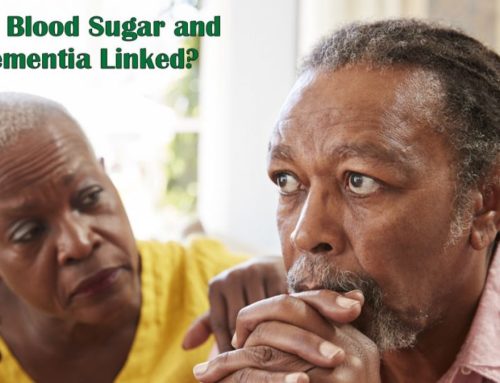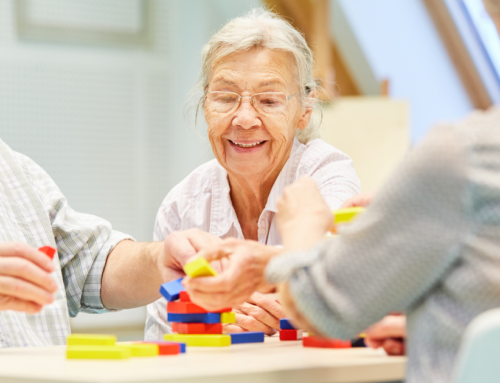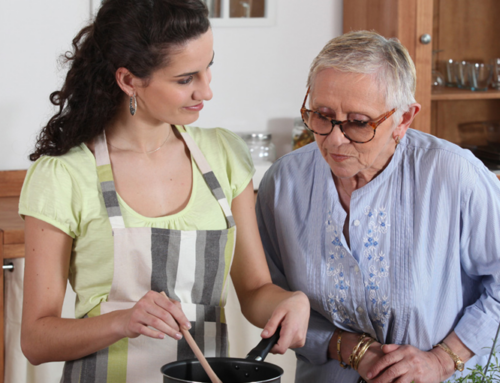Loneliness increases with age, and it is connected with a surprising number of health effects such as high blood pressure, heart disease, a weakened immune system, anxiety, depression, cognitive decline, Alzheimer’s disease, and even mortality. When it comes to loneliness, we all feel it in different ways. Some people feel lonely when they are alone for a short period. Others feel lonely after an extended period of time without anyone near them. When or how we feel lonely is up to each individual, but the University of California (UCLA) has developed a scale to discover a person’s level of loneliness. The UCLA Loneliness Scale is designed to help someone understand how he or she feels about loneliness and social isolation.
The UCLA Loneliness test will measure how lonely someone may be feeling, and what kind of help he/she may need. The higher the score, the lonelier the person is. Here are examples of a few questions contained in the test:
- How often do you feel you lack companionship?
- How often do you feel alone?
- How often do you feel isolated from others?
- How often do you feel close to people?
There are no right or wrong answers. The questions are just to figure out feelings, and they vary based on how lonely you may feel.
There are ways to overcome loneliness. Below are a few tips:
- Volunteer
- Stay busy
- Call up a friend or family member
- Adopt a pet
- Exercise with a friend
Most people feel lonely sometimes, for many different reasons. If loneliness is affecting a loved one, there are things that may help. Support is also available if it has become difficult to deal with stress, anxiety, or depression.
The online version of the UCLA Loneliness Scale can be accessed at: https://psytests.org/interpersonal/uclaen.html
Sources:
Russell D, Peplau LA, Cutrona CE. The revised UCLA Loneliness Scale: concurrent and discriminant validity evidence. Journal of personality and social psychology. 1980 Sep;39(3):472.
The Centers for Disease Control and Prevention. Loneliness and Social Isolation Linked to Serious Health Conditions. Retrieved 2022/11/22. https://www.cdc.gov/aging/publications/features/lonely-older-adults.html

